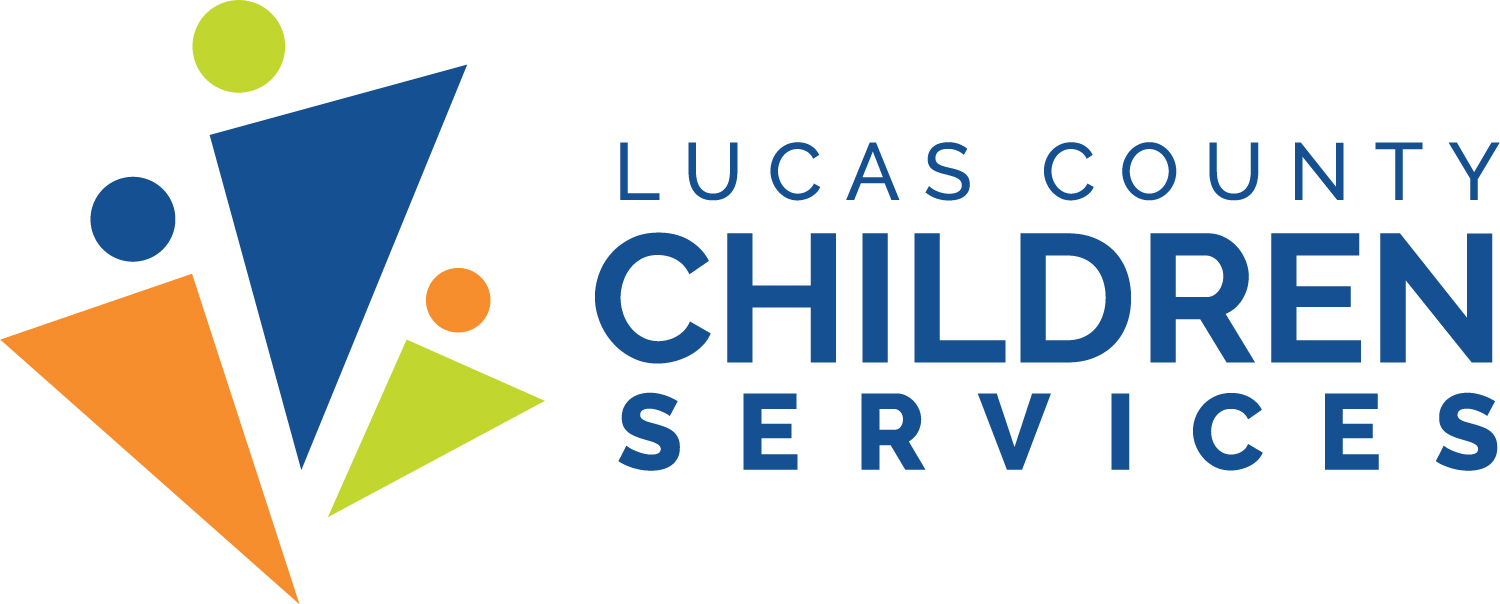Is My Child Ready to Stay Home Alone?
Environmental Circumstances
Things you should think about:
- How long will the child be left alone?
- What time of day is it?
- How close is the child to trusted adults who can help in an emergency?
- How safe is the environment?
- What is expected of the child?
- Is the child responsible for the care of a younger sibling?
- How easily can you be reached by telephone?
Maturity of the Child
There are many different levels and indicators of maturity. Your child’s actions or inaction can tell you a lot about her capacities and abilities.
Children are not miniature adults. Maturity is a long, gradual process. A responsible person is able to carry out a duty and is answerable for his own behavior.
Characteristics and behaviors you can look at when trying to determine the level of your child’s maturity include:
Age
Although chronological age does not necessarily give a child maturity, there are characteristics and capabilities necessary to self-care which, developmentally, are age linked. For example, no three-year-old child has developed the physical or mental capabilities necessary for self-care.
Truthfulness
Truthfulness reflects a child’s ability to accept responsibility for his actions. You will be depending on your child to share his daily experiences with you, and to be truthful about what has occurred during his self-care. You also will be depending on your child’s obedience to the rules of the home.
Ability to plan ahead
Planning ahead is reflective of the child’s ability to reason. Your child’s ability to plan her time will have an impact on her actions during self-care: whether she finds herself with a lot of extra time spent in front of the television or in inappropriate activities, or whether her time is used constructively and beneficially.
Independence and the ability to say “no”
Crucial to successful self-care is a child’s ability to resist temptation or the pressure of peers.
Self-esteem
One essential ingredient to successful self-care is the child’s confidence in himself and his abilities.
- Ability to enforce rules and appropriately discipline if responsible for the care of siblings.
- Ability to think things through, to reason and use logic.
- Ability to discriminate right from wrong.
- Ability to recognize and respond to an emergency.
Dependability
A child’s dependability can be measured in little ways. Does she arrive places on schedule? Do chores get finished? Does he stay where planned without wandering around the neighborhood? Does she inform you before leaving the home? Does he follow directions?
Ability to Make Reasonable Decisions
When children are left alone, adults trust them to make reasonable decisions. “Should I open the door to this stranger?” “Would it be okay if my friends come in?” “Can I heat up some oil for popcorn?” Children usually cannot call to ask permission for every decision they must make while they are alone. Adults need to evaluate how well a child makes decisions before the child is left alone.
Your Child’s Relationship With You
For self-care to be successful, you and your child must have a relationship that encourages honest and open communication. Staying alone can be a scary thing. Your child must feel free to discuss his fears and feelings with you, as well as any problems she might experience. If after answering these questions, you cannot decide if your child is ready for self-care, he probably is not ready. Self-care requires your full confidence in his abilities. It is unfair and unrealistic for you to expect your child to function well in a situation neither of you is ready for.
Adapted from Iowa Council for Children and Families, Vol. 7, No.5, April/May 1983 (courtesy of the Ohio Department of Job and Family Services)
